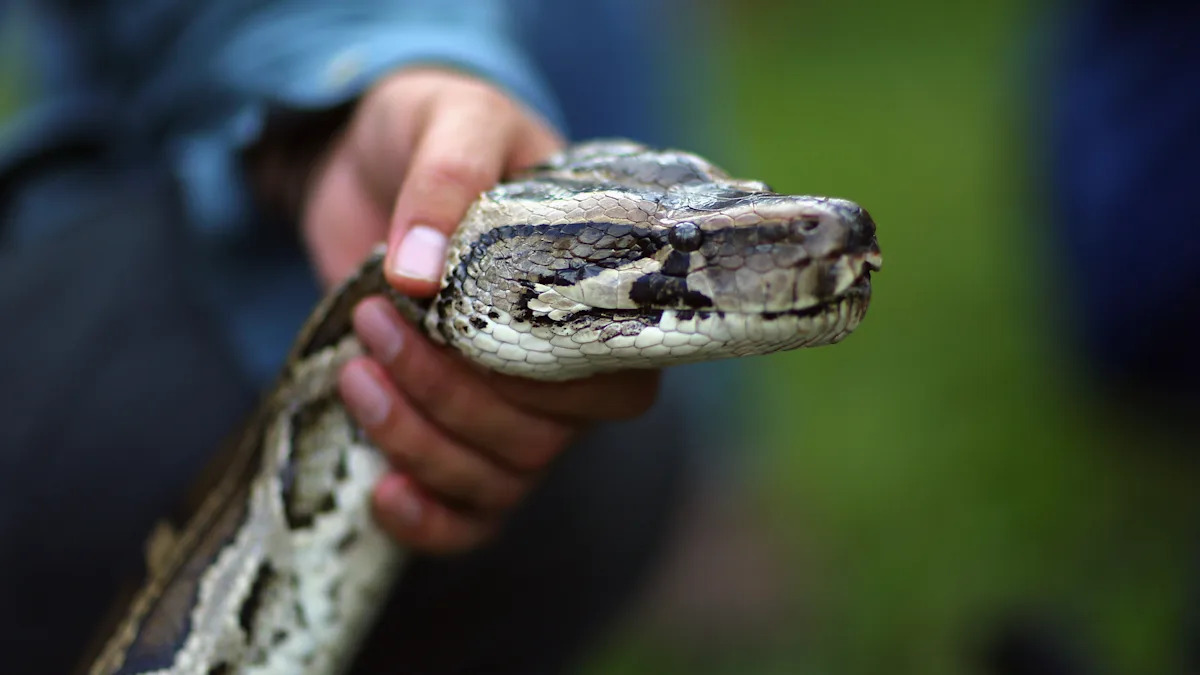Home / Environment / Robotic Rabbits Deployed to Lure Invasive Pythons in Florida Everglades
Robotic Rabbits Deployed to Lure Invasive Pythons in Florida Everglades
6 Oct
Summary
- Robotic rabbits with fur, heating, and scent used to bait Burmese pythons
- Pythons are an invasive species disrupting the Everglades ecosystem
- Pilot program launched in 2025 with 120 units, showing promising early results

In 2025, the state of Florida has taken an innovative approach to combating the growing Burmese python population in the Everglades. The state has launched a pilot program that deploys robotic rabbits to lure and detect the invasive snakes.
These solar-powered decoys are designed to mimic real prey, complete with fur, a heating core, and even a "sniff test" feature to emit scent. The robotic rabbits are placed in small, camera-monitored enclosures, where they twitch slightly to attract the attention of the massive Burmese pythons. When a python slithers close enough, the system triggers alerts for removal teams to move in.
The Burmese python is not native to Florida, but has become an increasingly problematic invasive species in the Everglades over the past few decades. These snakes, which can grow over 18 feet long and weigh more than 200 pounds, have devastated the local ecosystem, with sightings of small mammals like raccoons, opossums, and rabbits dropping by as much as 99% in python-heavy areas.
The pilot program, which was publicly announced in mid-2025, has deployed approximately 120 of these robotic rabbit units at an estimated cost of $4,000 each. According to state officials, the early results of the program have been promising, though it remains in the testing phase. As one member of the water district governing board stated, "Every invasive python that is removed makes a difference for Florida's environment and its native wildlife."




